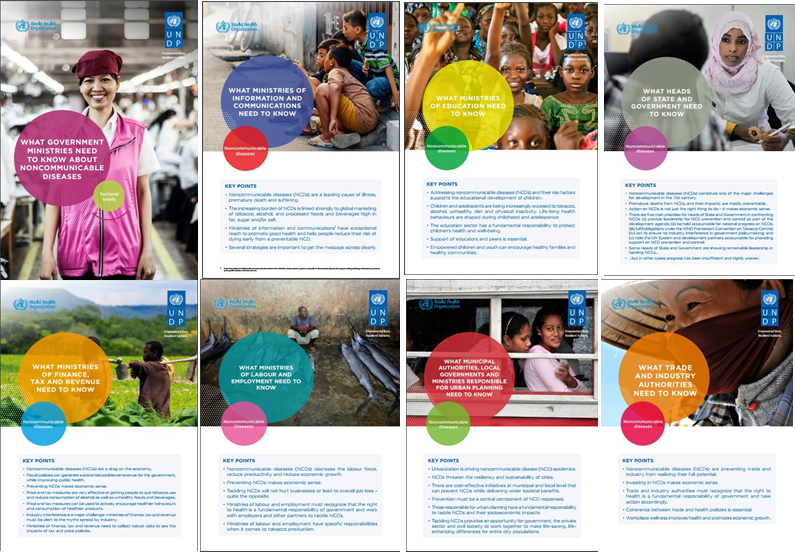Mental Health and Substance Abuse
THIS PAGE HAS BEEN ARCHIVED AND IS NO LONGER UPDATED.
We apologize for the inconvenience.
To find similar material or the current version of the page, please visit one the following resources:
Health Topics || Country Sites || News Releases || Our New Homepage
ESTA PÁGINA HA SIDO ARCHIVADA Y YA NO ES ACTUALIZADA.
Pedimos disculpas por la molestia.
Para encontrar material similar o una versión actualizada de la página, visite uno de los siguientes recursos:
Temas de salud || Sitios de países || Comunicados de prensa || Nuestra nueva página de inicio
Noncommunicable Diseases and Mental Health
The policy line of action in the Regional Strategy for Chronic Diseases encourages and provides technical cooperation for the establishment of sound and explicit public policies that support better health status and a life free of chronic disease-related disability, in initiatives taken to establish public health policies based on key WHO resolutions and recommendations that will address the broad social, economic, and political determinants of health.
Advocacy will be utilized to advance policy and institutional changes that will support chronic disease programs. It will emphasize the key role of governmental functions and empower the health sector to engage other sectors in collaborative actions to ensure that chronic disease issues are collectively addressed.
Health promotion and advocacy are one of the main thrusts of the policy line of action. This involves IEC campaigns (information/education/communication) to help people and health professionals become more aware of health issues. It also means raising awareness among not only the general public but policy-makers as well, as well as capacity-building and intersectorial (public, private, civil society) collaboration.

